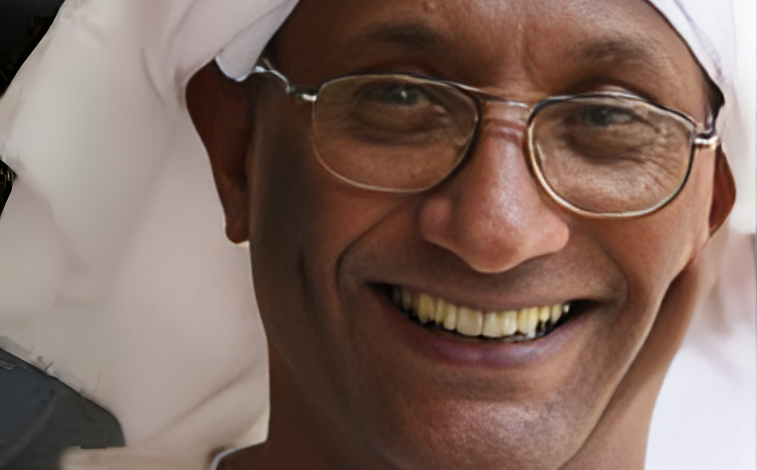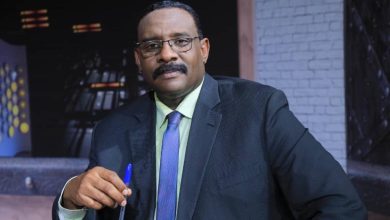Edward Said: An Intellectual in Chaos

By Abdullah Ali Ibrahim
(In the Aftermath of Gaza), Sheikh Mohammad Fadlallah said that we had not known much about Israel, although we had known it for half a century. Our explicit right to Palestine had blinded us to a precise understanding of this vile enemy. For us, the right stands above everything, and no right is lost as long as there is a demand for it. However, the question remains: have we explored the details of our right, not just as a national, cultural, and religious belief, but as a culture that we share with the world, making our right a part of the world’s consciousness, its respect for humanity, and its anger for justice? This is why the late Edward Said said that Palestine is the world’s issue. At its best, this cause was noble and credible when the United Nations passed a resolution that categorized Zionism alongside ideologies that are hostile to humanity, such as Nazism and the apartheid system in South Africa. But gradually, we descended from this peak, and the issue of Palestine shrank to an Arab or, more accurately, a Palestinian cause, without much resonance in the world’s corners.
It is well known that Palestine has always been an awkward and old Arab concern. However, I do not know if we have made Palestine a central topic in our educational curriculum. This education should go beyond our insistence on our right to it and provide a more profound understanding of the world that produced Israel and led to this catastrophe. These thoughts struck me as I read Edward Said’s book The Question of Palestine for the first time after his death in 2003. I regretted my delay in reading it, as I had previously read his works Orientalism, Imperialism and Culture, and other theoretical books at the time. I thought I had excluded his books on Palestine because I had perhaps assumed I knew everything necessary about our stolen right there.
What I learned from the book, after reading it, was not just about this usurped right, but about his overwhelming logic that, if shared with the world with wisdom and good counsel, would guide the world to what is most righteous. Said believed that Israel was created by the world, with the West being the key player. For the West, Israel is a dual investment. On one hand, it is an investment in the past, in that holy land that has never rested in the hands of the Arabs or Muslims. On the other hand, it is an investment in the future. The West wanted to establish it as a homeland for Jews who had adopted its culture and methods, to make it a Western democratic beacon in the Arab desert, a place filled with Eastern despotism. Here, Said intelligently points out the “alliance” between the past and the future to kill the present. For Said, Palestine holds a heavy Western ideological and fictional charge that turned Palestine from a reality into a ghost, from presence into absence. Israel, in the West’s view, is an interpretation of the past and a projection into the future, and its architects paid no attention to the Palestinian present. According to Said, it is an interpretation that has overshadowed the text that is the Palestinians. This point made by Said is widely known to many of us, but look at how Said framed it so expertly that it appeals to anyone with insight and heart.
I also liked Said’s assertion that Israel is a new type of colony. The known fact about colonization is that the colonized peoples are part of its supposed civilizing project. Colonizers seek to uplift them through modernization and civilization. Take, for example, the Gezira Scheme, which served an evident British interest but involved Sudanese people as an important part of the project. Israel, however, is a colony that does not consider the local people (the Palestinians). There is no plan to integrate them into any civilizing process. Israel is a homeland for Jews, and this fact has prevented any investment in the future of the people whose land it has occupied. The Europeans were harsh on the locals who resisted the future drawn for them, clinging to their heritage and the past. Israel, on the other hand, is harsh on Palestinians who criticize its project, which has no basis except for the past and evangelical justification. Thus, it is a colonizer built in isolation.
Said’s loss is truly a loss. For God created his sharp pen to address the chaos, bickering, and degradation of the current Arab situation. It is a time when the rush to reconcile with Israel has become an open habit, and agreements with it are considered legitimate rights. You hear, “Isn’t it my right to reconcile if so-and-so reconciles?” Those who read Said know that the conflict with Israel, crowned with victory, in the name of God, has not yet begun.



